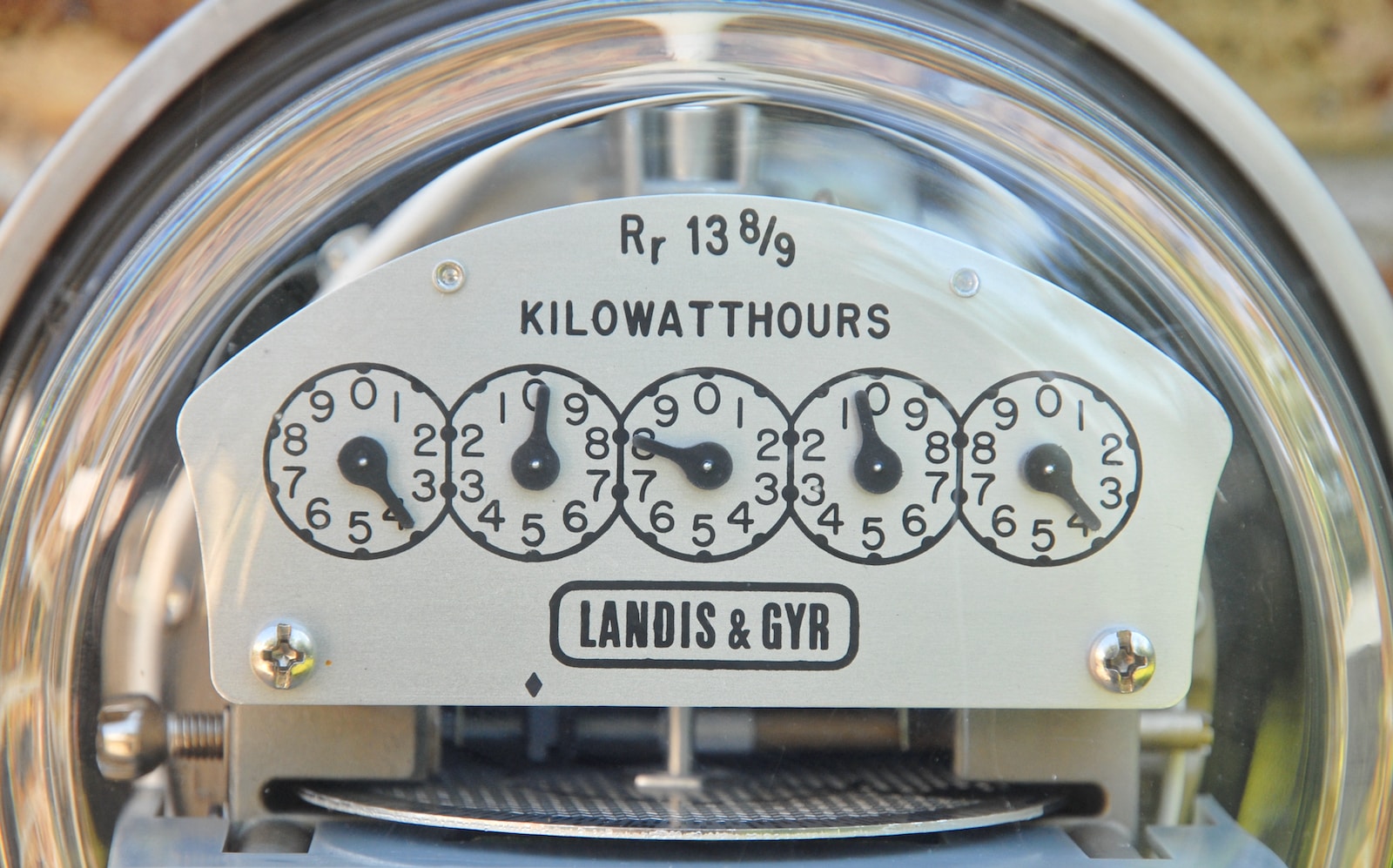The cost and metering of services supplied to residential and commercial properties are often disputed as consumers normally do not have direct insight or control in respect of the supply, metering and charges for water, electricity and other services supplied to properties or in respect of the testing of the accuracy of meters. This most often become an issue when consumers’ services are cut off in respect of unpaid amounts which are in dispute or when they seek to dispose of a property with accumulated unpaid services accounts and are required to effect such payments in order to obtain the necessary clearance certificates.
In the recent unreported appeal case of Euphorbia (Pty) Ltd t/a Gallagher Estates v City of Johannesburg A5052/2015 dated 17 June 2016 held in the Gauteng Local Division, Johannesburg a dispute arose in respect of the appellant’s (“Euphorbia”) liability for payment of charges in respect of water supply, effluent and incidental charges (the “services”) due to the respondent (the “CoJ”), in respect of a property then owned by Euphorbia.
In October 2003 the CoJ installed a new combination meter (the “contentious meter”) to measure water consumption at the Gallagher Estates premises. It was however read for the first time, in March 2005 and the account delivered to Euphorbia, revealed a spike of 13 times the historic average consumption measured by the old meter. The CoJ, in addition, based the interim charges from October 2003 until March 2005 on the readings obtained from the contentious meter. Euphorbia requested, as it was entitled to do under the CoJ’s By-laws, the testing of the contentious meter. In February 2006 the CoJ removed the contentious meter and subjected it to testing by the CoJ’s flow operational manager who testified that he was the only person ‘legally allowed’ to test the CoJ’s meters. Having obtained the test results the CoJ advised Euphorbia that the contentious meter functioned properly and that it was not faulty. Shortly thereafter the CoJ disposed of the contentious meter and installed a new meter. Euphorbia’s business had by then substantially grown, and the new meter revealed water consumption three times less than the quantities measured by the contentious meter. From 2006 the CoJ continued billing Euphorbia on the readings obtained from the new meter. Euphorbia made certain payments to the CoJ under protest when it was first disconnected and thereafter when it sold the property and entered into two agreements with the CoJ in this regard.
The court noted that the “incidence of the onus of proof is decisive in the adjudication of this matter”. The court of first instance was of the view that Euphorbia had accepted the onus of establishing that the amounts paid by it were not due to the CoJ based on the case of the Appellate Division in CIR v First National Industrial Bank Ltd 1990 (3) SA 641 (A) and that it had failed to discharge this onus. The First National Industrial Bank case was decided on the basis of a finding that the parties tacitly agreed that the sum paid by the Bank to the Commissioner under protest, would be refunded, if the cause for the Commissioner claiming the payment would subsequently prove to be wrong. Premised on the tacit term, it was held the Bank was entitled to recover the capital amount of the payment. The court noted that the First National Industrial Bank case facts were distinguishable from the facts in this case and that the reason for Euphorbia having made the payments under duress must be considered in the context of the terms of the agreements. It needs to be emphasised that the terms of the agreements were expressly agreed on between the parties. As for the first agreement, it was expressly agreed that the payment of Euphorbia was made under protest in order to procure the re-connection of the water supply which had been terminated by the CoJ. It was further agreed that the payment would not be construed as a waiver or abandonment of any of Euphorbia’s rights or as an admission of liability on its part that the amount was due, owing and payable on that particular date. The terms of the second agreement were identical, except that the payment was made in order for the CoJ to issue the required clearance certificate. The court of appeal held that the CoJ’s claim, at all times, remained disputed by Euphorbia in respect of all its elements. The court stated that for an entitlement to repayment of the amounts paid under protest, it was incumbent on Euphorbia to prove, first, that the agreements were concluded, second, that the amounts were paid in terms of such agreements, and, third, that the water supply was re-connected and the clearance certificate issued.
The court further held that on consideration of the pleadings as a whole, the CoJ bore the onus of proof in regard to the accuracy and correctness of the contentious meter readings and, as for its counterclaims, Euphorbia bore the onus of proving the agreements. Upon a proper construction of the agreements no admission was made as to any of the elements the CoJ was required to prove. Importantly the court went on further to state that “[i]n the absence of special circumstances, considerations of policy, practice and fairness require that the [CoJ] is saddled with the onus of proving the correctness of its meters, the measurements of water consumption and statements of account rendered pursuant thereto. It cannot reasonably be expected from the consumer, having raised a bona fide dispute concerning the services delivered by the [CoJ], to pierce the municipal veil in order to prove aspects that peculiarly fall within the knowledge of and are controlled by the [CoJ].”
We support the view of the Court of Appeal and note that whilst the Municipality may bear the onus in establishing the accuracy and correctness of the relevant meter, this is subject to the applicable By-laws of each Municipality and its appeal and testing procedures (given that in this instance this fell squarely within the control and jurisdiction of the CoJ). The consumers reclaiming amounts paid under duress will also be governed by the terms in which the consumer and the Municipality agree that such amounts be paid. Agreements noting that payments were made under duress for example to ensure re-connection of services or to obtain required clearance certificates, without the consumer in any way admitting liability to the Municipality for such payments will go a long way to assisting consumers to shift the burden of proof onto Municipalities in respect of the accuracy and correctness of the meters and meter readings utilised by them.
This newsflash has been prepared for information purposes only and does not constitute legal advice, or a legal opinion, the practical application of the provisions of this newsflash will vary depending on the facts of each case.











